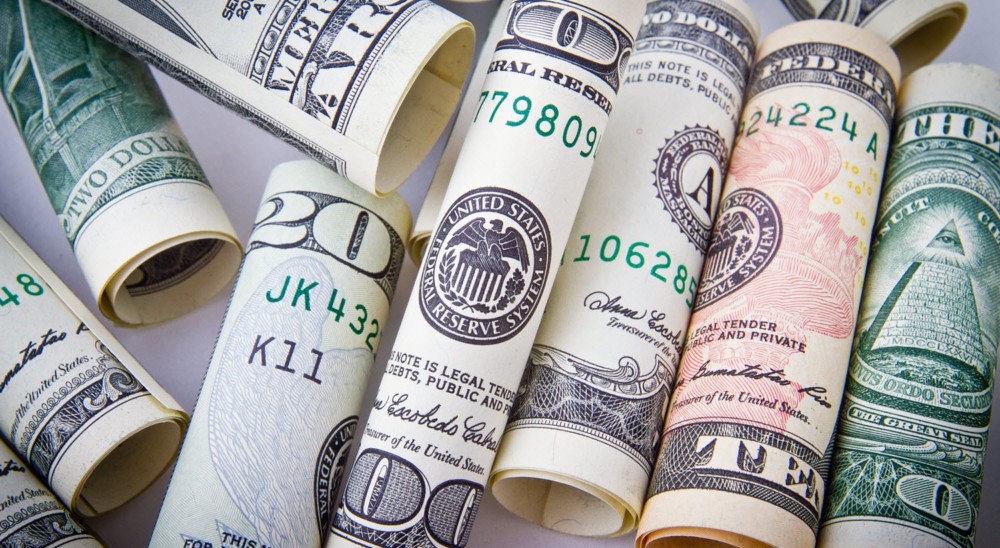What Happens If You Don’t Declare Currency When Leaving the US?

Most travelers know you have to declare large sums of money coming into the United States. But did you know you also have to declare if you’re taking $10,000 or more out of the country?
It is perfectly legal to take money in and out of the country, but you have to let the government know.
How do you declare currency when leaving the US?
Apparently you have to fill out a “Report of International Transportation of Currency and Monetary Instruments” FinCEN 105. From there it is less clear and definitely not easy. But it appears you have to track down a customs office for yourself.
What happens if you don’t declare your currency to customs?
Bad things. That’s actually how I became aware of the requirement to declare currency when leaving.
A nurse headed to Nigeria to start a medical clinic had $41,000 in cash taken by U.S. Customs agents as she was boarding her international flight. She didn’t know she needed to declare it. Agents seized the money, but didn’t charge her with a crime. Federal prosecutors declined to pursue civil asseture forfeiture. Six months later, the CBP still hasn’t given the money back.
Sadly, this practice is not uncommon. Which is why traveling with valuables and large sums of money are not a good idea, even particularly within the US.

But declaring it opens an entirely different can of worms. There are all kind of currency controls and hassles so many years ago when I was buying an apartment in South America I just brought cash. I declared it but then I got audited by the IRS for 3 years in a row. So I’d strongly advise NOT to carry cash around. You may THINK you are safe declaring it but in all reality you’re really not.
Completely agree!